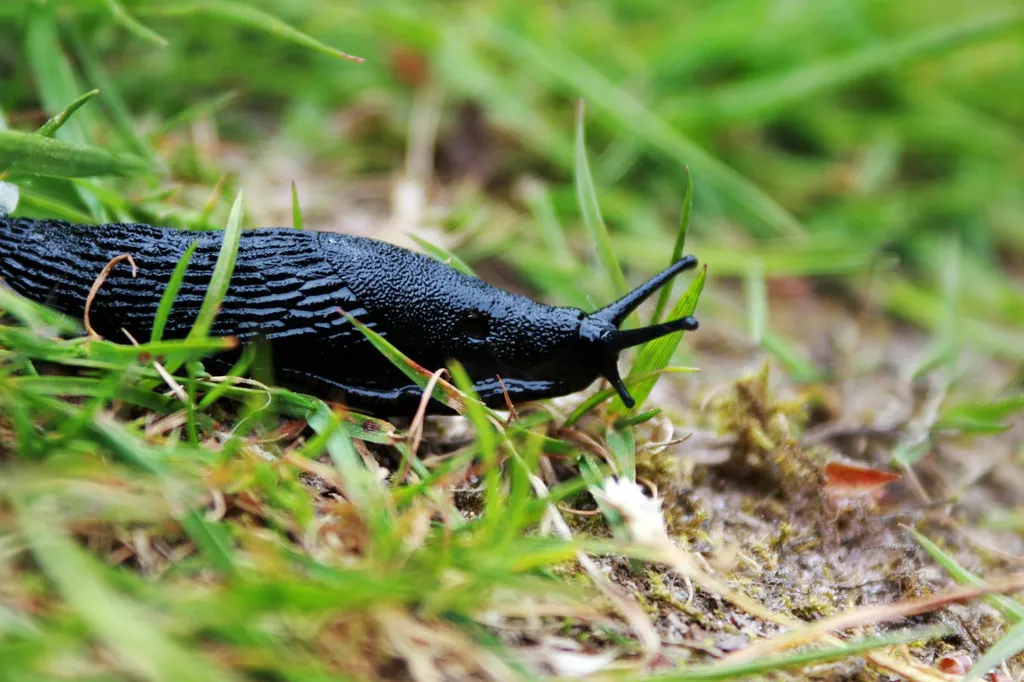A Swansea-based biocontrol specialist has secured £650,000 in government funding to tackle one of agriculture’s most stubborn problems—slug and snail damage—using a nature-inspired solution that could redefine pest control in a warming climate.
Bionema Group Ltd, a spin-out from Swansea University, will develop the world’s first systemic biological molluscicide under Innovate UK’s Net-Zero Industry Launchpad programme. The project targets a problem costing UK farmers over £100 million annually in lost cereals, potatoes, and oilseed rape, while offering a sustainable alternative to synthetic chemicals that harm wildlife and contribute to greenhouse gas emissions.
At the heart of the innovation are Loline alkaloids, naturally occurring compounds found in endophytic grasses, known for their pest-deterrent properties. Bionema’s approach combines two modes of action: bait pellets laced with Lolines to attract and eliminate slugs, and systemic protection, where the compounds are absorbed by crops, making them inherently resistant to molluscs. Unlike conventional metaldehyde or ferric phosphate-based slug pellets—which pose risks to birds, mammals, and soil health—the biological alternative is non-toxic, biodegradable, and even capable of sequestering carbon.
The implications extend beyond pest control. By replacing chemical inputs with a bio-based solution, the technology aligns with key policy frameworks, including DEFRA’s Environmental Improvement Plan, the UK’s Sustainable Farming Incentive, and Wales’ net-zero ambitions. It also supports global targets, contributing to UN Sustainable Development Goals on responsible consumption, climate action, and life on land.
Dr Minshad Ansari, Bionema’s founder and CEO, emphasised the broader significance: “This isn’t just about protecting crops—it’s about transforming how we approach agriculture in a climate-conscious era. Synthetic pesticides are a relic of the past; biological alternatives like ours reduce carbon footprints, improve soil health, and ensure food security without ecological trade-offs.”
The 18-month project, delivered in partnership with Swansea University, Eurofins Agrotesting UK, and Applied Insect Science (APIS), will focus on optimising the formulation, conducting large-scale field trials across the UK, and navigating regulatory approvals. If successful, the molluscicide could generate £50 million domestically and £100 million globally by 2035, while reinforcing Wales’ reputation as a hub for agritech innovation.
For farmers, the technology promises a dual benefit: higher yields without the regulatory and environmental burdens of traditional molluscicides. For policymakers, it offers a scalable example of how agricultural innovation can deliver on net-zero commitments without compromising productivity. As Dr Fawzi Belblidia of Swansea University’s ASTUTE research centre noted, the collaboration “demonstrates how academic expertise and industry leadership can create solutions that are locally rooted but globally relevant.”
With field trials set to begin next year, the project’s progress will be closely watched—not just by UK growers, but by an international agricultural sector under pressure to reconcile productivity with sustainability.

